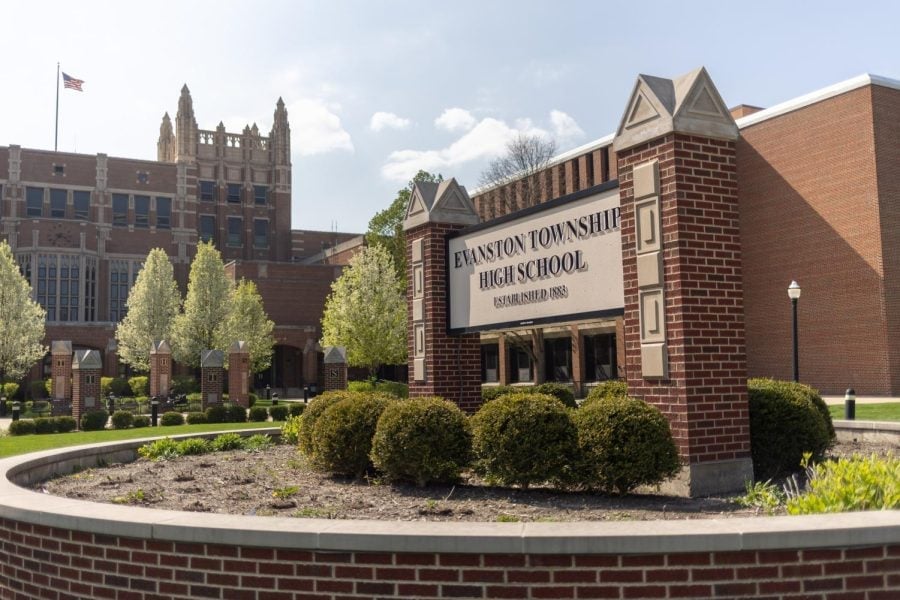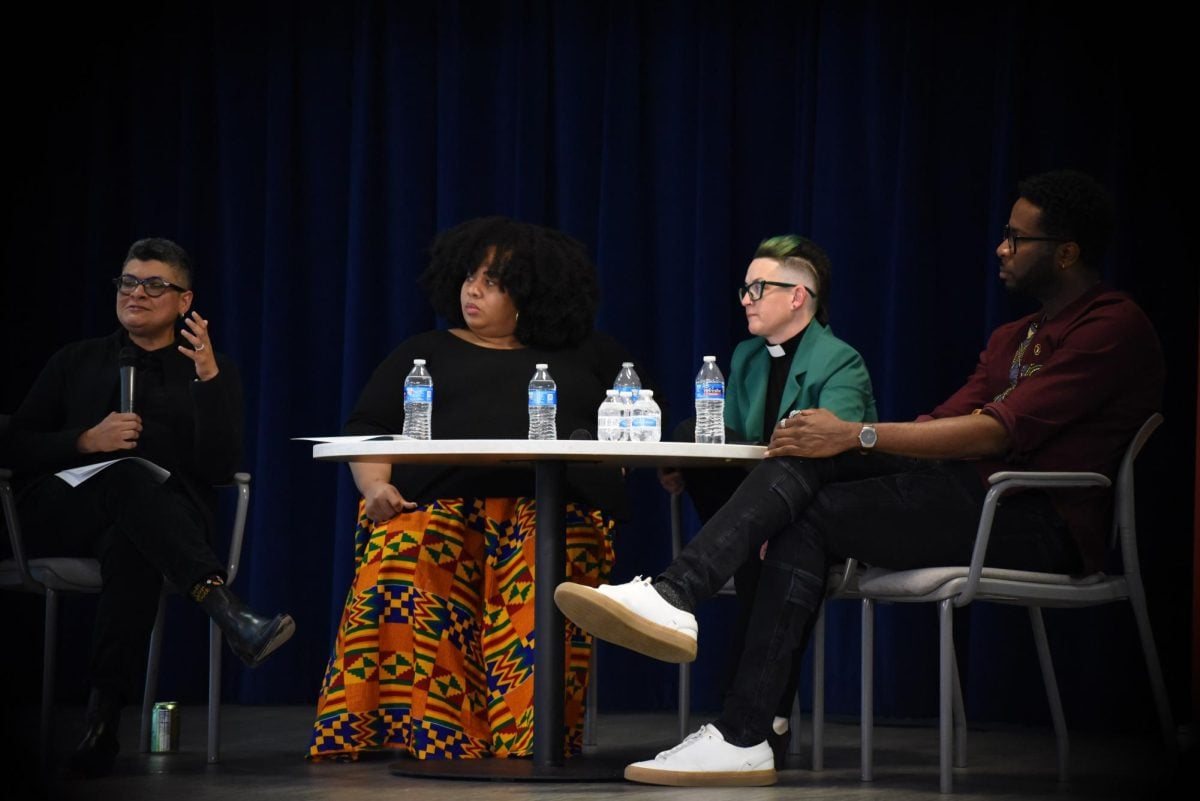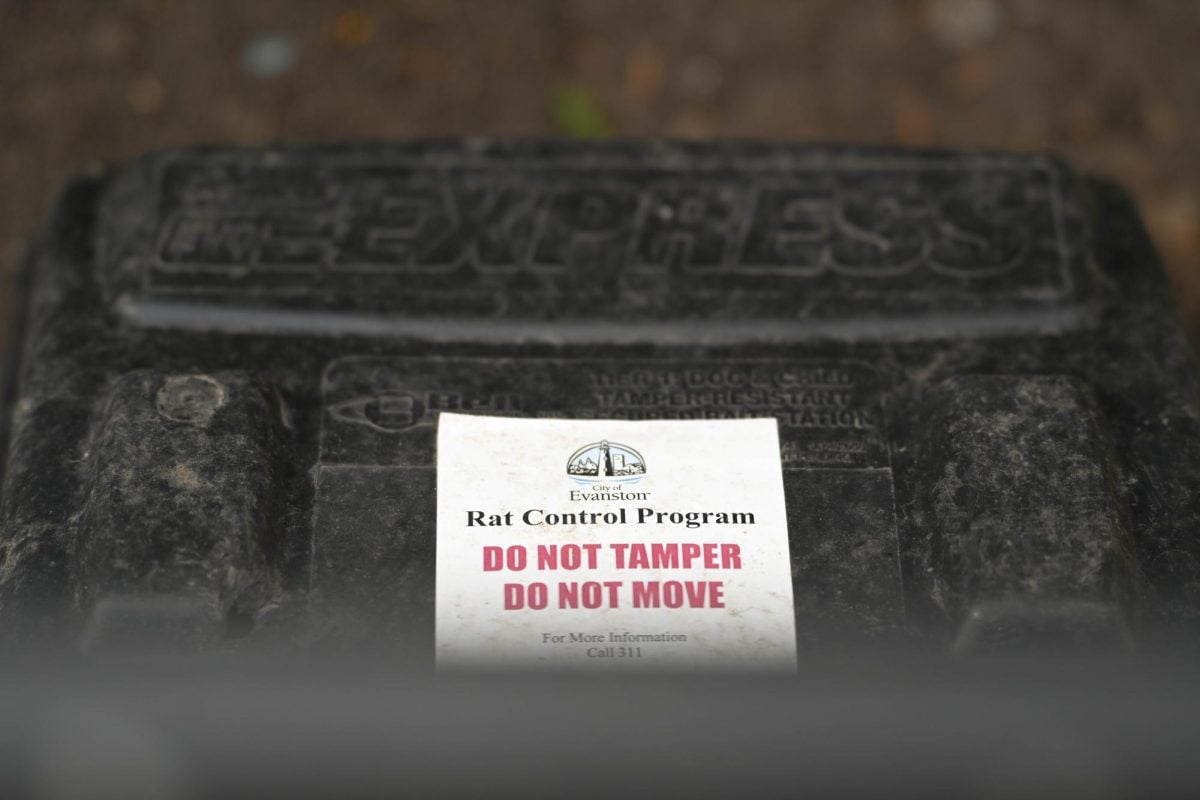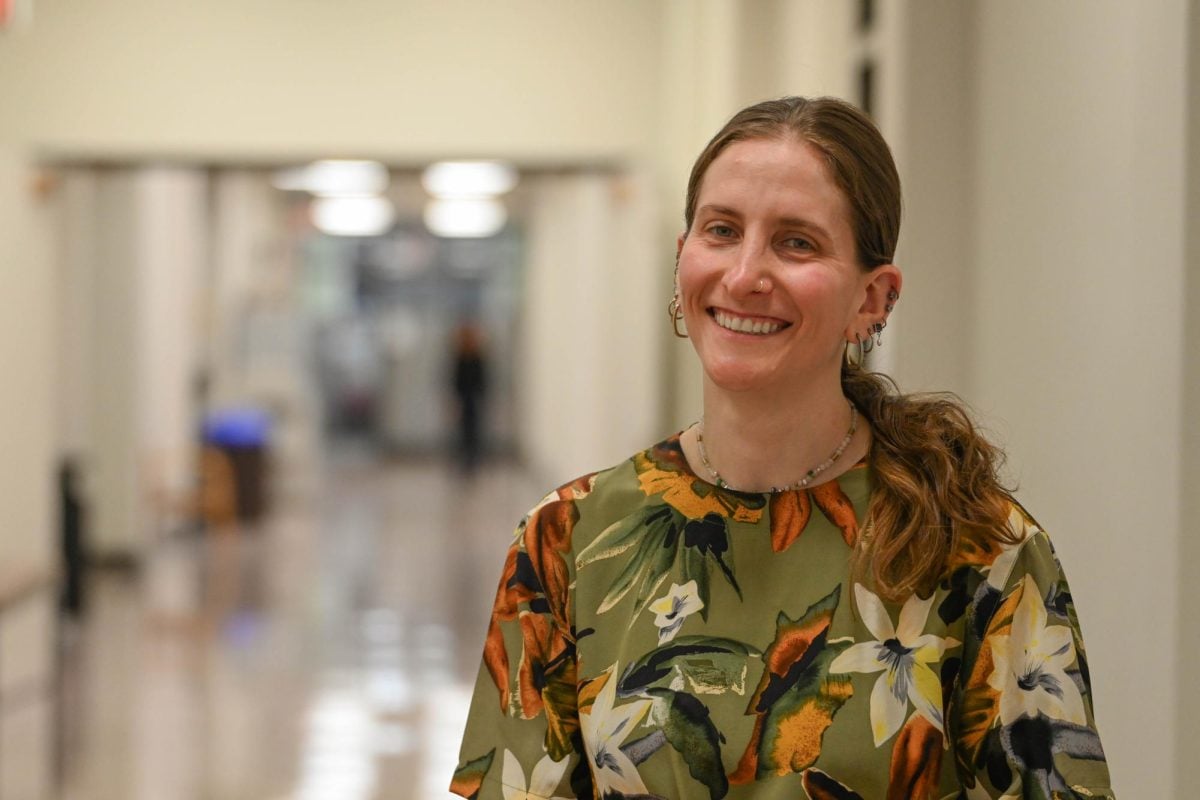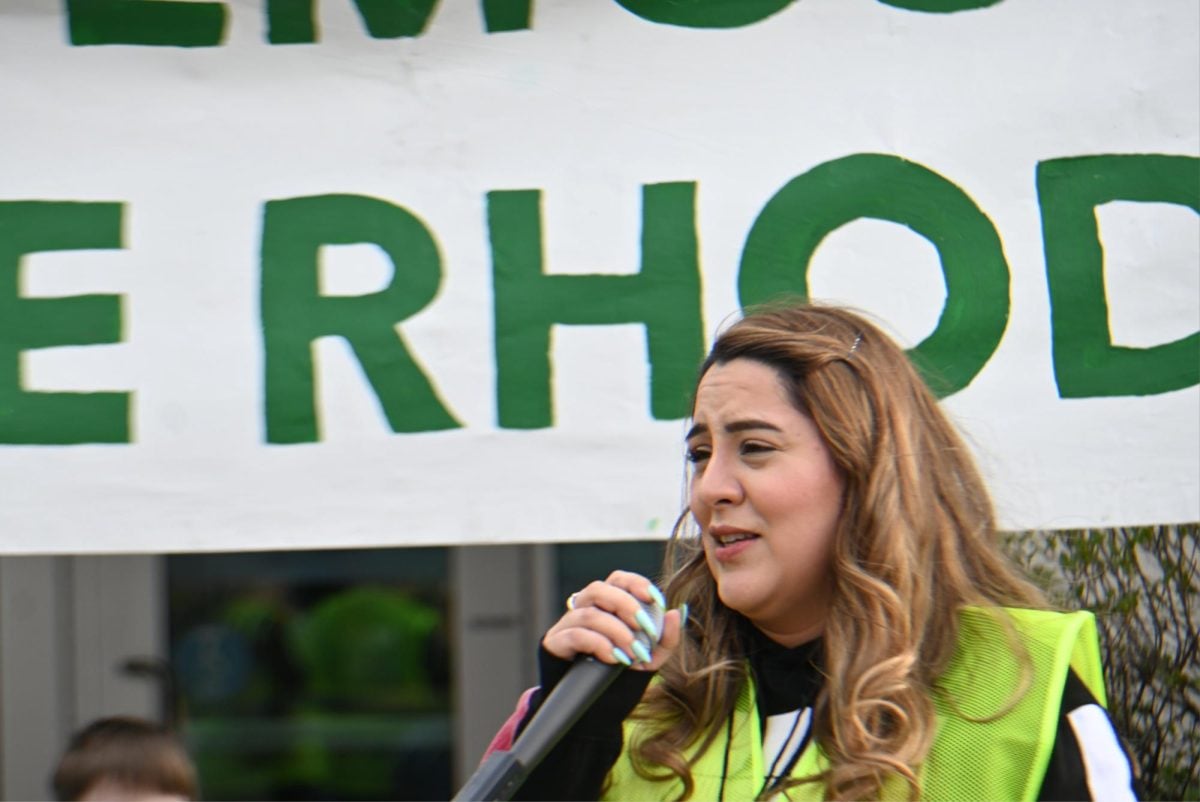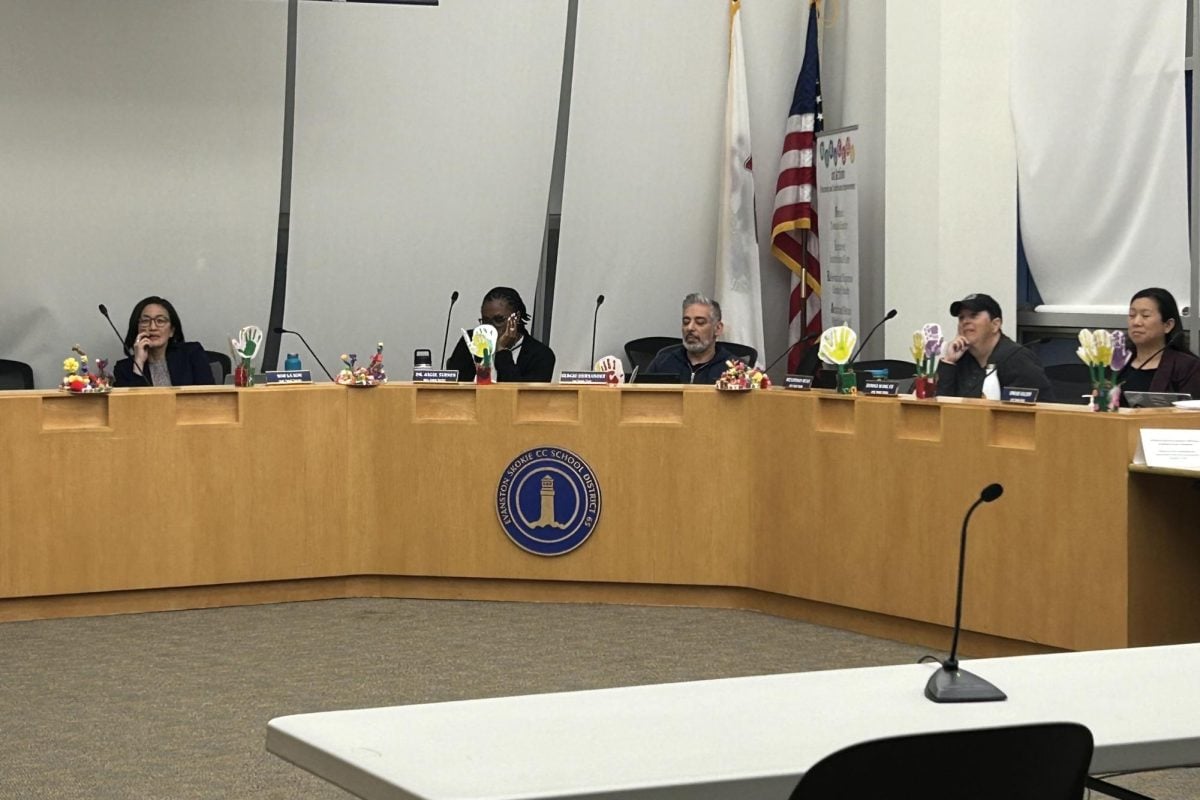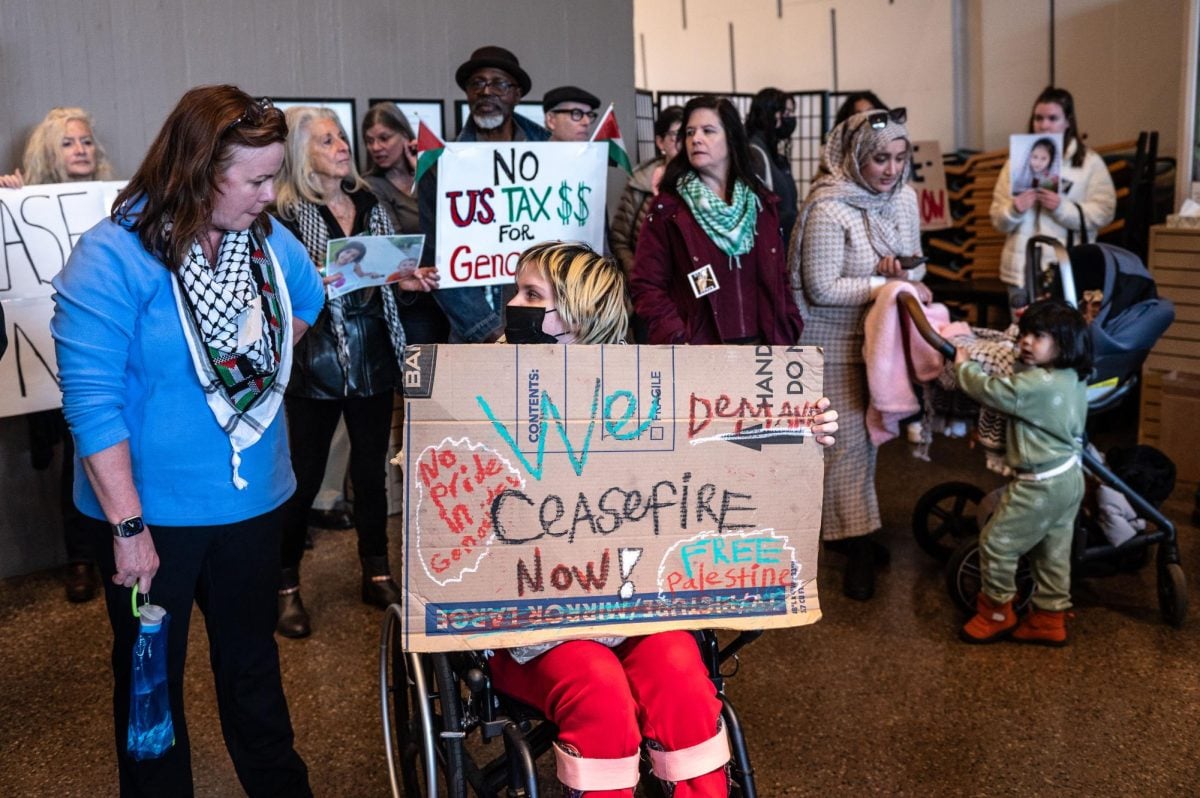Evanston Township plans to raise general assistance payments to low-income residents for the first time in three years, pending town board approval of its new budget.
The proposed budget for the 2012-2013 fiscal year calls for a 25 percent increase to the maximum general assistance payment, from $400 per month to $500, said township supervisor Patricia Vance at the May 7 meeting of the Human Services Committee.
“We actually got in more money than we anticipated … and we are in discussion of some cost-saving measures,” Vance said. “We are in a financial position to do it.”
The city’s Human Services Committee unanimously approved the increase at the meeting earlier this month. Alds. Judy Fiske (1st), Peter Braithwaite (2nd), Delores Holmes (5th), Mark Tendam (6th) and Jane Grover (7th) serve on the committee.
Currently, 98 Evanston residents receive the grant, and the proposed budget estimates an average of 100 clients per month for the new fiscal year. Evanston Township, which shares its border with the city of Evanston, provides the assistance.
According to the proposal, the increase in payment would come from a surplus balance on the general assistance funds. The budget also proposes a $100,000 decrease in property tax levy for the general assistance fund. The overall budget for the general assistance program is about $1.28 million, with about 0.88 million from anticipated property tax revenue.
Holmes said the increase would provide some much-needed help for the city’s low-income residents.
“I voted for it because I think it’s the right thing to do,” Holmes said. “It’s not a huge amount of money … You’d be able to maybe buy a little more food, maybe treat yourself to something.”
The proposed budget would also increase the funds for emergency assistance, Vance said. It would raise the maximum amount a client can receive for utilities from $750 to $1,000 a year. It also increases the maximum amount of one-month delinquent rental or mortgage assistance from $1,200 to $1,500.
John Mroczka, residence director at the McGaw YMCA, said the increase in general and emergency assistance funds will “make a significant difference” to low-income residents in Evanston.
“It’s a really big deal,” Mroczka said. “It will be the thing that keeps them housed.”
Mroczka said the increase came at a time when federal and state assistance to low-income groups are shrinking while township assistance funds will likely become the major source of funding to low-income residents.
Some city officials and residents are pushing to dissolve the township. Voters approved an advisory referendum in March by a large margin, endorsing township dissolution. If the township were to be eliminated, officials insist the city would absorb all of its services and assistance would be virtually unaffected.
The township budget still requires approval from the town board.

